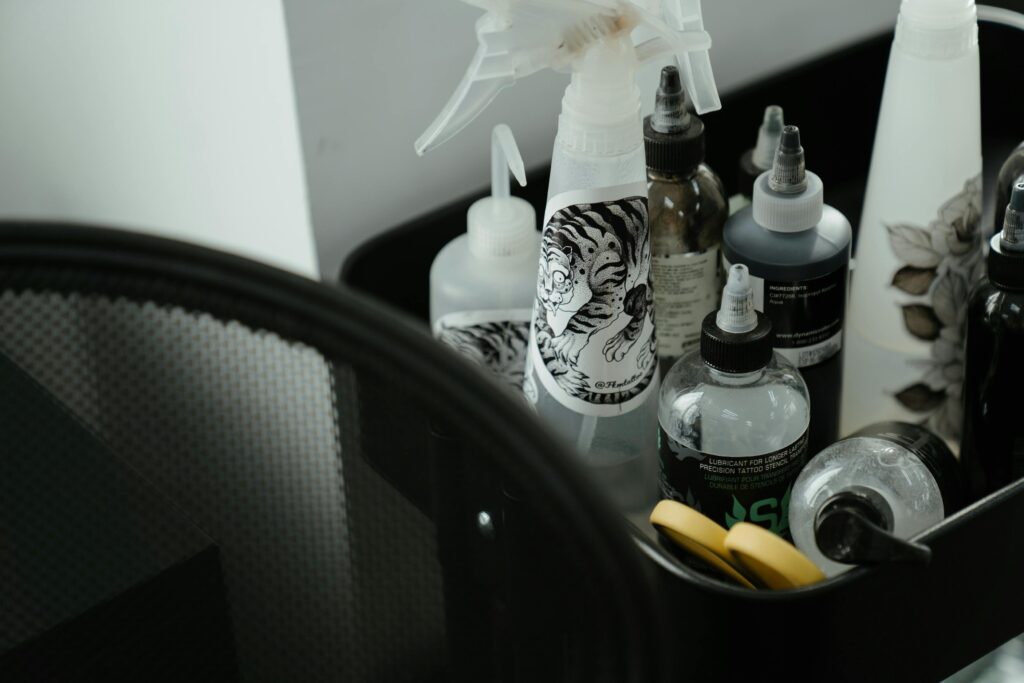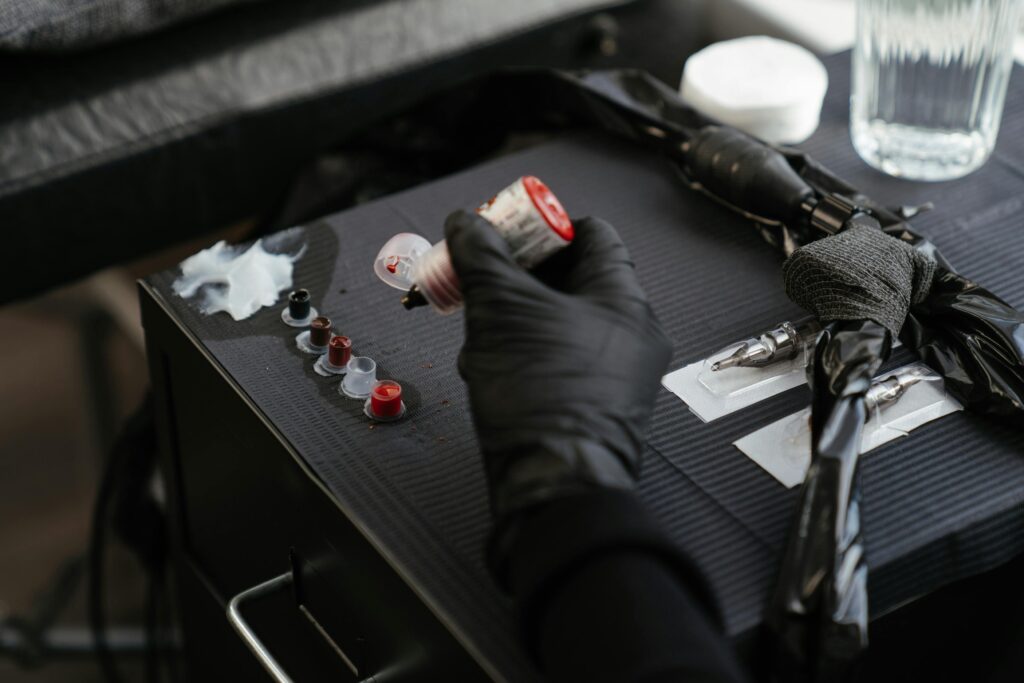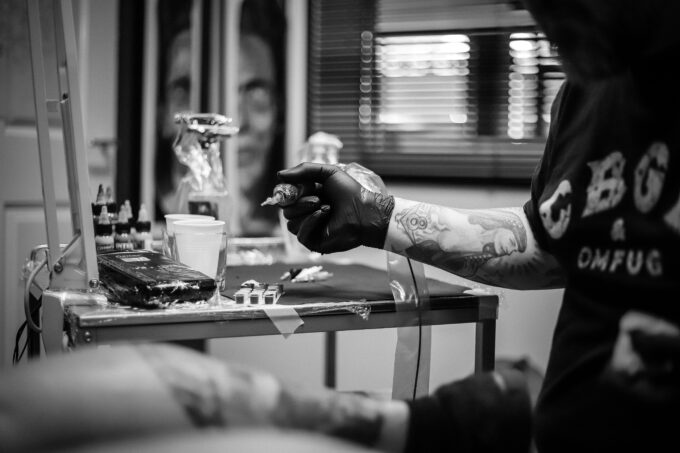Tattoos have been an integral part of human expression for centuries, adorned by diverse cultures and individuals around the world. However, along with the beauty and meaning they possess, tattoos have also been shrouded in myths and misconceptions. Let's delve into some of these myths and unveil the truths behind them.
- The myth about drinking alcohol before and after getting a tattoo is true. Alcohol thins the blood, which can lead to excessive bleeding during the tattooing process. This not only hinders the artist's work, but can also be detrimental to your health. It is advisable to refrain from drinking alcohol until the tattoo has begun to heal. These are some of the most frequently asked questions about tattoos and associated myths. Also, there is nothing wrong with consulting your tattoo artist if you have any doubts or concerns.

- The myth that white ink or light colors cause more pain is common but inaccurate. The level of pain in a tattoo is not related to the color of the ink used. This misconception stems from the tattoo technique itself. Generally, light colors are applied in the final stages of tattooing to highlight certain areas or add detail, which means that the tattooist is working over previously tattooed areas again. These areas are usually more sensitive after the previous sessions, which can lead to the misperception that light inks are more painful than dark ones.
- There is also a widespread belief that people with tattoos are ineligible to donate blood due to concerns about contamination or infection. In Spain, where regulations around blood donation are strict, people must wait six months after getting a tattoo before donating blood. This waiting period allows for proper healing of the tattooed area and minimizes the risk of possible complications. However, once this period has elapsed, tattooed individuals are usually eligible to donate blood, demystifying the idea of permanent unsuitability for blood donation by tattooed individuals.

- There are misconceptions surrounding the permanence and longevity of tattoos. While it is true that tattoos are meant to be permanent marks on the skin, they are not immune to fading or degradation over time. Factors such as sun exposure, aging and the quality of ink used can affect the longevity of a tattoo. However, with proper care and maintenance, tattoos can retain their vibrancy and clarity for many years.
- Finally, another common myth is the idea that it is not advisable to get a tattoo during pregnancy. Although many doctors advise against getting tattooed during pregnancy due to possible risks of infection, ink allergies and changes in body shape that could affect the tattoo design, the truth is that each case is unique. While there are general precautionary recommendations, such as waiting until after childbirth to get tattooed, there is no absolute prohibition and each person should consult their doctor to make the best decision for their specific situation.
If you are looking for more inspiration don't hesitate to take a look at Ink on Sky or if you want to keep up to date with the most important news of the sector visit our Magazink!
And now you can try for free our all-in-one tattoo studio and artist management software / app Ink on Sky Pro !

Ink on Sky – The Home Of Tattoo
Contact us




